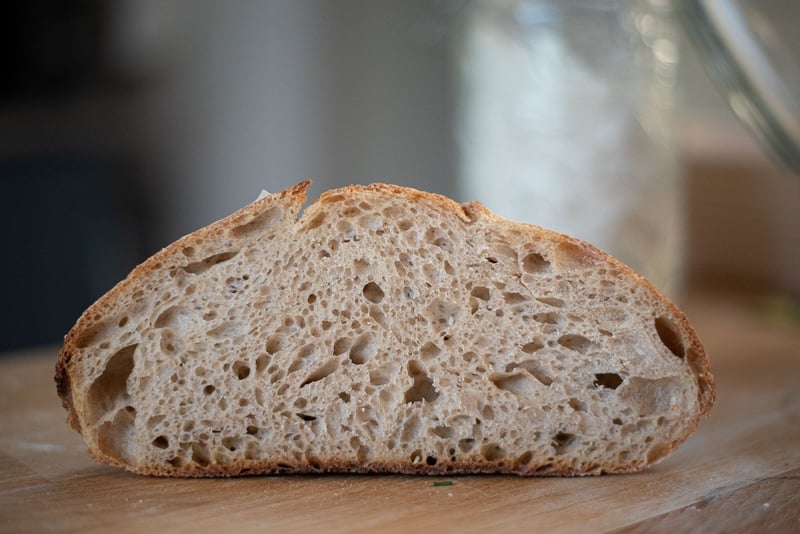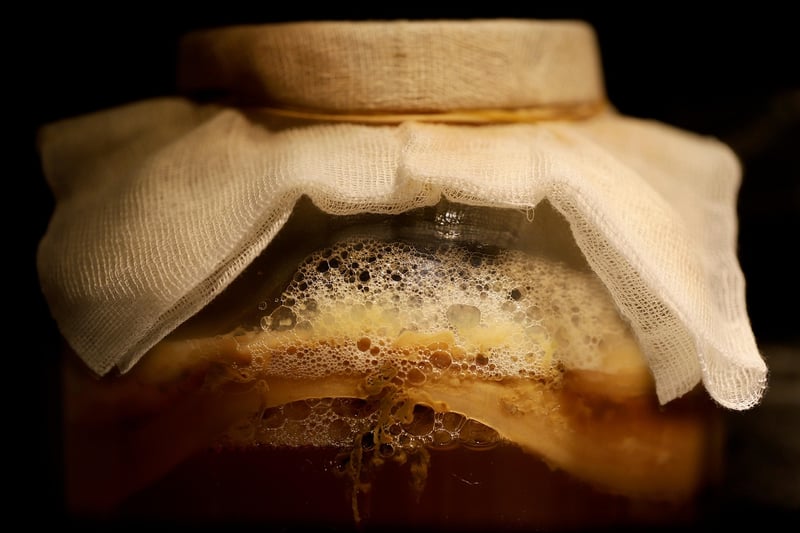Fermentation Experiments
Unlocking the Power of Fermentation: A Guide to Conducting Scientific Experiments

Fermentation is a fascinating process that has been used for centuries to create various foods and beverages. From bread and cheese to beer and wine, fermentation plays a crucial role in transforming raw ingredients into delicious products. If you are intrigued by the science behind fermentation and want to explore it further through experiments, this guide is for you.
The Scientific Method and Fermentation
Before delving into fermentation experiments, it's essential to understand the scientific method. The scientific method provides a systematic approach to conducting experiments and drawing conclusions based on evidence. When applied to fermentation experiments, the scientific method helps ensure accurate results and meaningful discoveries.
Designing Your Fermentation Experiment
When designing a fermentation experiment, start by formulating a clear hypothesis. Your hypothesis should state the expected outcome of the experiment based on your research and understanding of fermentation. Next, identify the variables that you will manipulate (independent variables) and measure (dependent variables) during the experiment.
Consider experimenting with different types of yeast, varying fermentation temperatures, or exploring the impact of sugar concentrations on fermentation rates. Document your experimental setup, including the materials and equipment you will need, to ensure reproducibility.
Conducting the Experiment
Once your experiment is set up, carefully follow the procedures you have outlined. Maintain detailed records of observations, measurements, and any unexpected outcomes. Remember to control for external factors that may influence the results, such as temperature variations or contamination.
Analyzing and Interpreting Results
After completing the fermentation experiment, analyze your data to draw conclusions. Use statistical tools to determine if there are significant differences between the experimental groups. Reflect on your findings in the context of your hypothesis and existing scientific knowledge about fermentation.
Continuing Your Fermentation Journey
Experimenting with fermentation opens up a world of possibilities for exploration and discovery. Whether you are interested in food science, microbiology, or biochemistry, fermentation provides a hands-on way to investigate the fascinating interplay of microorganisms and organic compounds.
Remember to share your findings with fellow fermentation enthusiasts, participate in scientific forums, and continue refining your experimental techniques. The journey of scientific discovery is ongoing, and each experiment brings you closer to unraveling the mysteries of fermentation.

Embark on your fermentation experiments with curiosity and a spirit of inquiry. By applying the scientific method to your explorations, you can deepen your understanding of fermentation and contribute to the collective knowledge of this ancient and captivating process.
